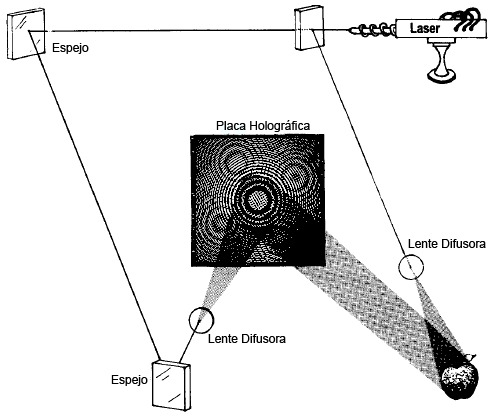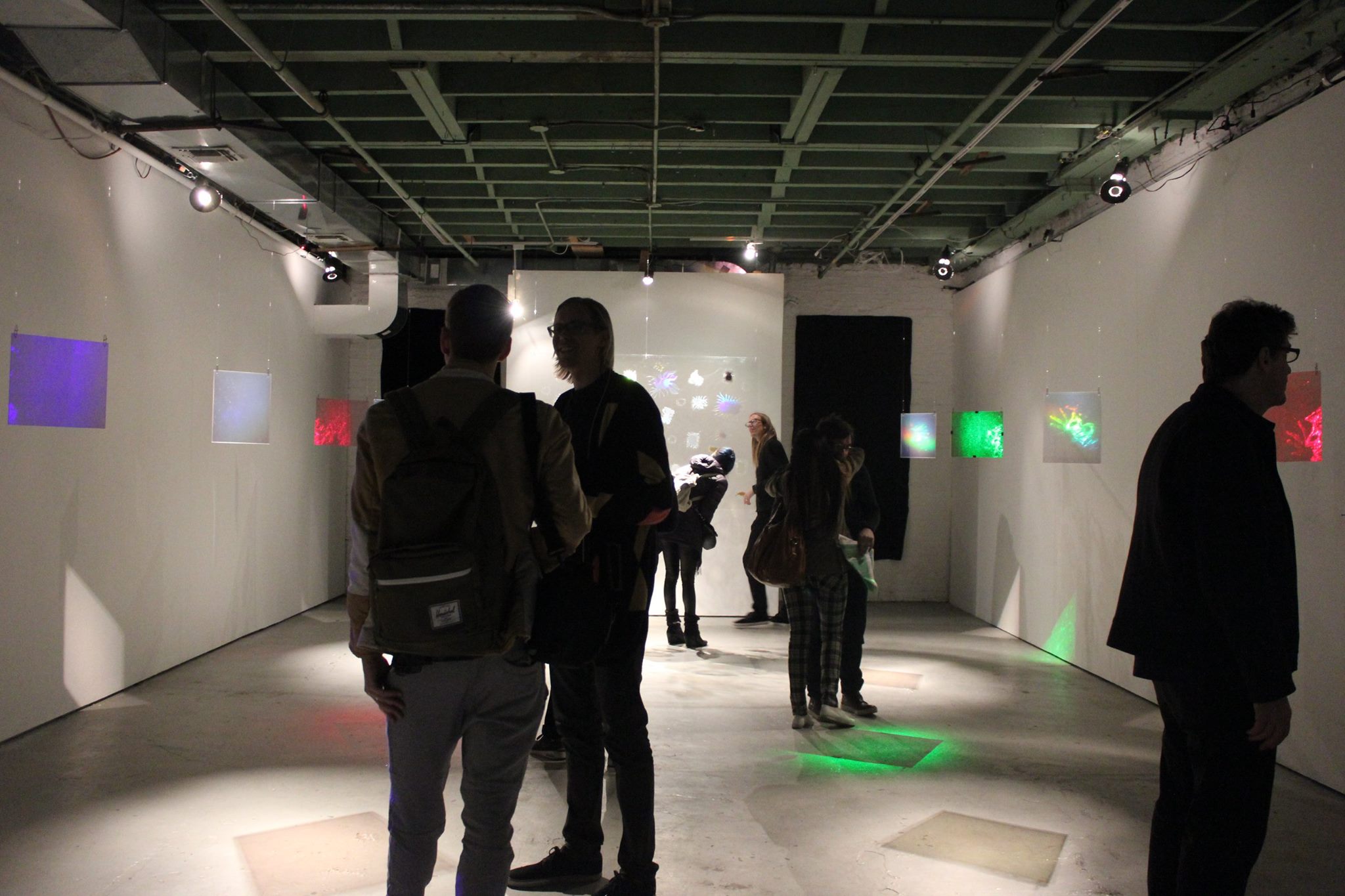

In an unprecedented show of interdisciplinary solidarity, many scientists, scholars, social activists, aboriginal leaders and others have embarked on a search for a different level of global participation that would bring about a higher degree of consciousness. The emergence and spread of an increasing number of violent, very often intractable conflicts clearly signalize that we have reached an evolutionary turning point that requires our full attention. To discover peace, we need to move away from a conflict-encouraging system and pursue a culture of both cultural and conflict transformation.


Accordingly, peace is not a static phenomenon but rather a continuous process of developing structures and relationships to meet our needs and strengthen our perception of well-being. If we are to survive in peace we have to change those habits and conceptions, which brought us to the present critical stage, and proceed on a path of paradigmatic transformation. It seems to me that the world has reached a critical point, which does not allow for easy solutions. "Survival on Earth has become a general concern for today's generation, and many people are struggling to reach a new understanding of the world. The subject is approached from the perspective of a biosemiotic model of human interaction in which all unconscious processes are viewed as natural rather than supernatural phenomena. Supported by contemporary neurobiology and interdisciplinary literature, relevant data is selected and synthesized, piecing together a comprehensive hypothesis. From within a revised framework of Freud’s first topographical model of mind viewed as a continuum from biological to semiotically mediated organizations of experience and modes of interacting (Aragno 1997, 2008), the inquiry ventures to our distant evolutionary past when evidence of ‘representation’ first appeared, leaving traces of early hominid mental capacities. Inspired by direct experience in my practice, this paper searches for the operative roots of dream telepathy. In later years, however, he advocated that psychoanalysts embark on a serious inquiry of this phenomenon, approaching it as a normal rather than paranormal aspect of unconscious functioning. Abstract: Emerging out of an era when the ‘paranormal’ was viewed with skepticism by the scientific community, Freud steered clear of associating psychoanalysis with dream telepathy or thought transference, phenomena which were reported quite frequently within its domain of inquiry.


 0 kommentar(er)
0 kommentar(er)
